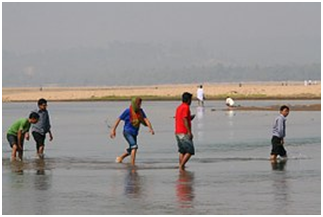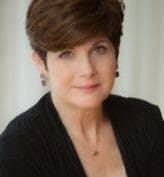In a recent meeting with a new client, we talked about what a successful coaching engagement would look like in terms of outcomes. Our work was focused on the nature of change and how it was impacting his organization and the executive team. I told him about a quote I had heard from a client several years earlier. She had quoted a Greek philosopher who had expressed the idea that you can’t step into the same river twice.

“Managing Change” (personal) and “Leading Through Change: (organizational) have been two of my most requested programs, content topics for retreats, and focuses for individual executive coaching. The emphasis might be on the stages of change, the phases of change, the individual perspectives of change, the plan for change, a potential problem protection process, a roll out plan, a communication plan, or a follow through plan. We often talk about the pressure for change, the need for creating a shared and clear vision, having the capacity to change, and the creation of a plan.
We rarely, however, talk about transition as part of a holistic view.
When I designed my first training program on change, there was a module that explored the key changes that often happen in our lives. This interactive exercise helped people focus on the universality of change even as it focused on personal experiences. Learning to drive, leaving home, the first job, a marriage, the birth of a child, a divorce, a death, an illness or accident – every one of these changes were key moments in our lives that had shaped us.
Not everyone served in the armed forces, experienced a life threatening illness or a devastating act of nature. Everyone, however, has experienced the changes that come from growing older. As Gail Sheehey observed in her book Passages and her follow up book More Passages, there are some things we experience, simply because we have aged and entered a new decade.
People reported a learned resiliency, a major shift in thought, or a new awareness after a devastating or major change event. Although the experiences are highly personal, they are also universal, I noticed however, that over time, my clients, preferred that the program focus on the strategic and organizational aspects of change and steer clear of the stuff that seemed a little ‘touchy-feely.’ So that portion of the program fell by the wayside.
I have a new clarity about this. Change is about finding our footing anew and locating our place. If we can resist a bit less and explore a bit more, maybe there will be fewer struggles. Like Heraclitus, I see transition like water in the stream, always different water, yet still part of the stream.



